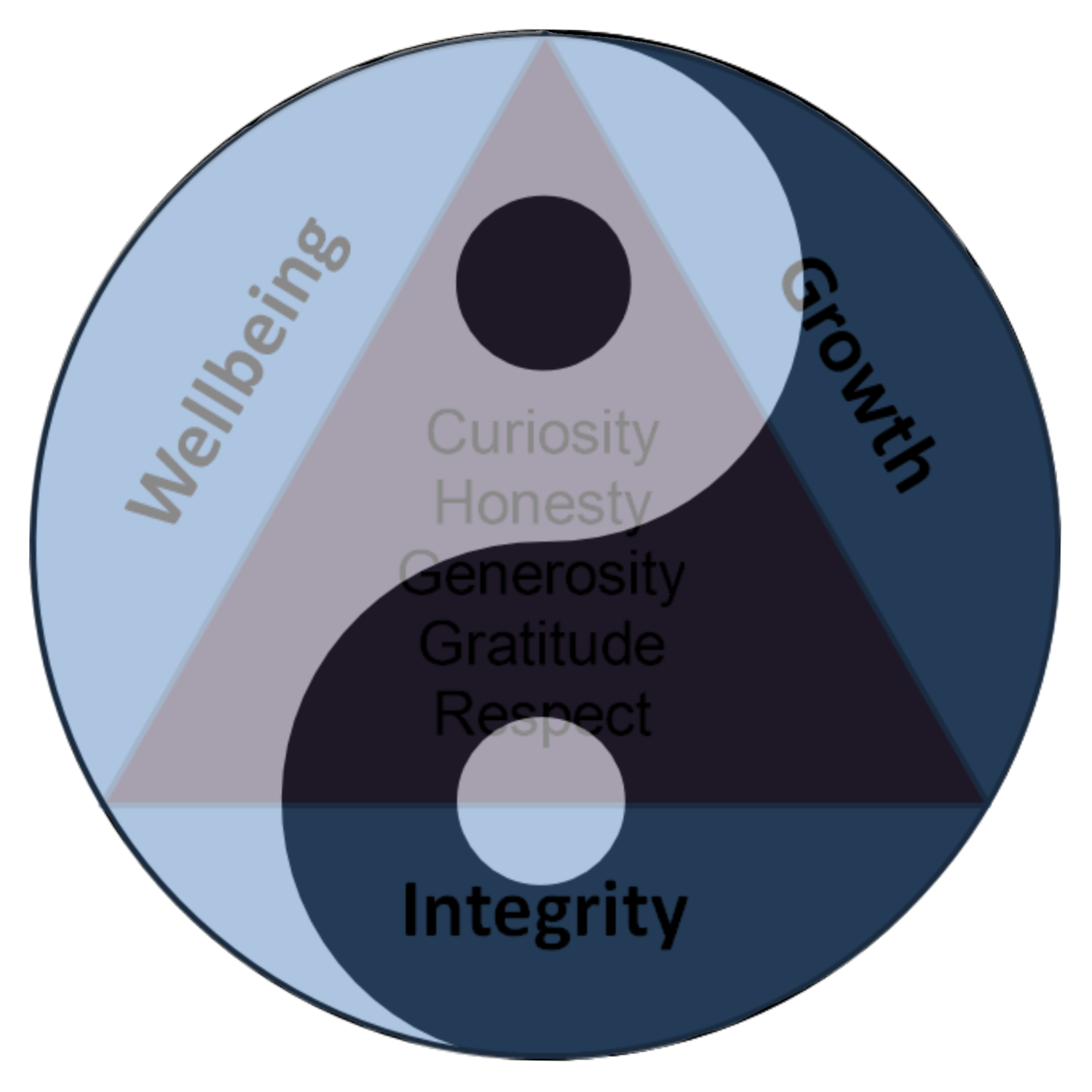Aikido History
The creator of Aikido, Morihei Ueshiba, was born at the end of a time in Japan when killing among Samurai was not only legal but expected and even encouraged. This was a world of terror, little more than two generations ago. In his lifetime, he lived through conflict, upheaval and Nationalism, leading to unprecedented destruction during two World Wars, and the atom bombing of Hiroshima and Nagasaki.
An Einstein-like figure in the Samurai tradition of Martial Arts, Ueshiba had come to understand how a clash of opposing forces, instead of destruction, can be turned powerfully into a creative force that, of itself, neutralises the aggressor’s efforts. And, after a lifetime of training, he understood how this could be taught and practiced.
This was “Aiki”, and not just a theory. It gave him extraordinary abilities that were put to the test by numerous challengers. He gained a reputation as someone that attackers couldn’t touch, let alone defeat. It is said that the character Yoda in Star Wars was based on him.
An opponent to Japanese militarism, and a committed social activist in his time, the Founder set about teaching his new art of Aiki soon after WWII ended, eventually sending students out around the world to teach, to help build a better world. He came to be known as O’Sensei, meaning “Great Teacher”. Many of those he taught also became known for their extraordinary feats and abilities.
Today, more than 50 years after his death, the essential secrets of Aikido have often been lost, forgotten, and sometimes never learnt at all, or learnt insufficiently to be adopted, understood or passed on. But not everywhere!
Isshinkai History
Isshinkai Aikido was founded at the beginning of the year 2000 by Denis Burke Sensei, and established at the Aikido Centre in Fyfield, Nr. Andover, now known as “Isshinkan”. Denis Burke Sensei began studying Aikido in 1979 and is a former assistant (apprentice) to Sensei K Williams, Founder of the Ki Federation of Great Britain (K.F.G.B.), the first leading pioneer of British Aikido and undoubtedly among Aikido’s great teachers.
The name Isshinkai was ‘given’ to Denis Burke Sensei during his first visit to Japan in 1987. During practice as a guest at a Dojo in Tokyo, he suddenly realised he'd completely forgotten that he was on the other side of the world, in an alien and different culture. While sharing a meal together afterwards, actually quite a big formal meal, his hosts expressed surprise to have found he practised "just like" them, and they welcomed him for the rest of his stay with extraordinary generosity, saying "you are Isshinkai with us". "Isshinkai" was the name of their Dojo and means "one heart society". It refers to how, if there is sincerity in practice and deep mutual respect, people of different cultures, even without speaking much of each other's languages, can come to feel a natural kinship. Thirteen years later, "Isshinkai" was the name he naturally chose, with a wholeheartedly internationalist ethos in mind.
It hasn't all been plain sailing for Isshinkai, there have been some ups and downs. From the start Denis Burke Sensei was determined not to encourage anyone else to leave their Teachers' organisations. He deplores the strategy of undermining other Teachers with the intention of poaching their members. In his experience, the passing forwards of the depth of Aikido is heavily reliant on the quality of that Teacher/Student relationship; and on mutual trust through the challenges involved. In his view, much of Aikido is beyond one’s horizon and students of Aikido (he regards himself, and any Sensei, to be primarily a student of Aikido) should be open to being stretched beyond personal limitations by Aikido, rather than reducing Aikido to fit personal limitations. Nevertheless, from as soon as the news was out, dissentive individuals and groups leaving other organisations began to turn up. Denis Burke Sensei acquiesced to the formation of the Isshinkai Association, but in time it became clear that Isshinkai Aikido was a far bigger jump for most of them than anticipated. It also became clear that the healthier option was more often than not to encourage them on their way.
Denis Burke Sensei continued focusing on developing the Practice and Teaching of Isshinkai Aikido, making trips to the US to meet John Smartt Sensei, Founder of New School Aikido, and to Japan to meet Hikitsuchi Sensei. In 2004 he invited Koretoshi Maruyama Sensei to the UK and subsequently joined him in Aikido Yuishinkai. Maruyama Sensei was apprenticed to O'Sensei during the last 14 years of his life. On joining Aikido Yuishinkai, Maruyama Sensei awarded Denis Burke Sensei 7th Dan and for the next few years Andover and Isshinkan became Maruyama Sensei’s base in the UK. After 7 years, Denis Burke Sensei and Maruyama Sensei parted with great warmth and on very good terms. Maruyama Sensei gifted Denis Burke Sensei his calligraphy of “Aikido”, which now hangs as the Isshinkan Kamiza calligraphy.
Isshinkai, as a community, has learned many lessons since 2000. The Isshinkai ‘Association’ has been progressively superseded and ‘Aikido Isshinkai’ and DRT - Dynamic Relaxation Technique, have became increasingly explicitly front and centre. Our focus has settled on the transformational benefit of what we do, and therefore, on doing it really well; true to values of Curiosity, Honesty, Generosity, Respect and Gratitude. In short, Isshinkai has learned to look after its heart.

